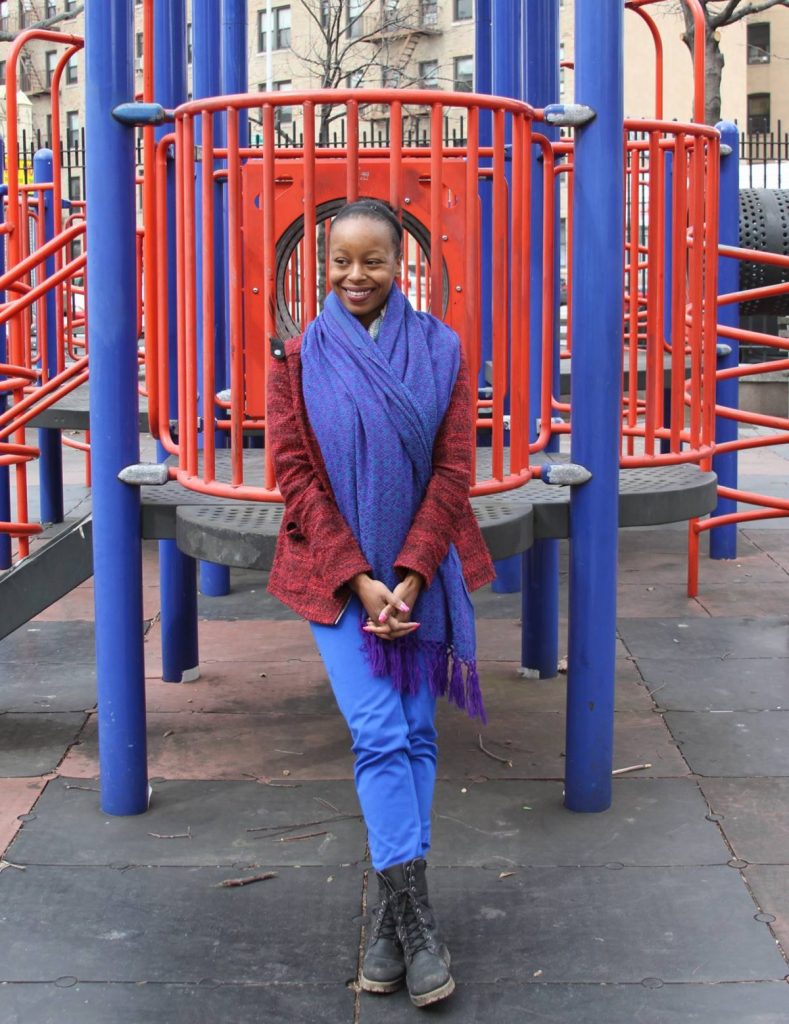A FEW DAYS after I arrived in New York, to start a criminal justice reporting fellowship, I emailed Johnny Perez, who works at the Urban Justice Center. Johnny is an advocate for their mental health project. Not only does he do a lot of work at the troubled Rikers Island prison complex in New York, he also spent a fair amount of time in prison himself. He spoke about the three years he spent in solitary confinement at an event I attended and I was struck by the suffocating intensity of his experience.

One of the articles I’m working on is about Rikers; the sprawling prison complex located on an island wedged in between the boroughs Queens and the Bronx. It is an embattled facility that has courted controversy and fell into disrepute, following reports on widespread violence, disease, corruption and outdated architecture. It reminds me in many ways, of Pollsmoor prison in Cape Town.
Recently, a commission was founded to explore possible solutions to the plethora of problems afflicting Rikers. A groundswell of consensus seems to have formed around the idea of closing the jail.
In my email I asked Johnny if he knew of any current or former inmates who would be willing to talk about their experiences at Rikers and their ideas on what kind of changes they want to see take place at the prison complex. We too often speak about certain groups, without speaking with them.
Johnny wrote back:
“As advocates we try to stay away from dehumanizing language and try to use language which upholds the dignity of the person. For this reason we refrain from describing people as inmates, and refer to them as People: Formerly incarcerated people, presently incarcerated people; person convicted of a crime, etc.”
The use of the word inmate has never been an issue at the Wits Justice Project. We have debated innocent vs. guilty and I gave a talk about the problem of innocence in criminal justice work. But we randomly and repeatedly refer to people behind bars as inmates. Initially I didn’t take Johnny’s remark that seriously, but it stayed with me and sank in. Prison is dehumanizing and words can stigmatize.
This I knew from my research into trafficking in women, for a book I wrote about it in 2005. Prostitute has different connotations and signals different political, social and economic meanings than the word sex worker. I replaced the words ‘illegal migrant’ with ‘undocumented migrant’, because a person can lack the right documents, but never actually be illegal. Similarly, victims of trafficking became survivors of trafficking, shifting the focus from the pain inflicted, to the strength in overcoming and surviving abuse, exploitation and slavery. The words we use reflect ideas and biases that are often left unspoken, unwritten (inmate: criminal: guilty: monster: not human).
What then, does the word inmate mean? Up until the 1920s, it referred to lodgers, at boarding schools, seminaries and institutions. It could simply mean the resident of a house. Over time, it became to be associated with lodgers in asylums, prisons and hospitals and nowadays is commonly known to refer to a person incarcerated in a correctional facility.In the United States (as in many other countries), the word inmate often means a hostile takeover of the rest of your role and place in the world. It obliterates what you were or hoped to become.
In America, in addition to the obvious loss of freedom of movement, incarceration means you will lose a basic democratic right to vote. Due to harsh mandatory minimum sentences, people might end up behind bars for years on end for relatively simple offences. Additionally, a criminal record often turns out to be a life sentence, effectively barring people from finding work, voting and eligibility for food stamps and other social benefits.
I find out what all of this means when I meet Jenel, a young woman whose nickname – like mine – is Ginger. Several years ago she was caught riding the metro without a valid ticket and was arrested. The NYPD processed her through the system and she ended up cuffed in a police bus, crossing the east river to the penal colony Rikers Island. She stayed there for three days until her brother scrambled together the $500 bail that was set. Her brief encounter with the criminal justice system has spilled over into the rest of her life. With a criminal record, she finds that prospective employers shy away when they find out she spent some time behind bars. She found work for a direct sales company selling energy contracts door-to-door, earning approximately $800 a month, which is barely sufficient in an expensive city like New York. Not only does she continue to skip the fare because she sometimes simply doesn’t have enough money to get to work, she also finds her future hopes and plans stymied.
Ginger is bright and witty, with a sharp eye and a deft pen. She writes poems, raps and features, which you can find on her blog. I’m working on a video story on her life, so you will hear more about my nicknamesake here. Ginger was an inmate for three days but it scarred her for life. People, and more importantly, institutions, attached far-reaching consequences to that word.As a journalist I can’t always use the language I prefer. Word counts throw a spoke in the wheels, as does the need to use language that is commonplace or commonly accepted. So I doubt I will never use the word inmate again. But at least my awareness has been raised; and through this blog, hopefully yours too.
Related Links:
The Marshall Project also writes about the use of the words ‘inmate’ and ‘prisoner’ here.
